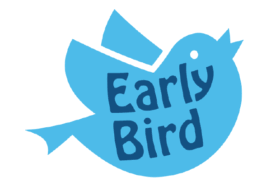Open Access paper from the JCPP
Editorial Perspective: Over the last decades, not much has changed in which interventions are most often recommended for school-age children with Attention-Deficit/Hyperactivity Disorder (ADHD). Most clinical practice guidelines advise stimulant medication and behavioral parent training as evidence-based interventions. The short-term efficacy of medication is supported by ample evidence (Faraone et al., 2021), but there are several disadvantages: normalization is rare, long-term effects are uncertain, side effects are frequently reported and many children and their parents are resistant. Behavioral parent training leads to improvements in parenting practices (Dekkers et al., 2022), as well as decreases in conduct problems of the child, but effect sizes are generally only small-to-medium, and it is less clear how effects on the core ADHD symptoms can be interpreted as these typically diminish when raters of the behavior are blinded to the intervention (Daley et al., 2017). Together, this emphasizes the need for innovation with regard to the treatment of children with ADHD.
Authors; Tycho J. Dekkers, Saskia van der Oord
First published: 30 December 2022
ACAMH members should follow this link:


